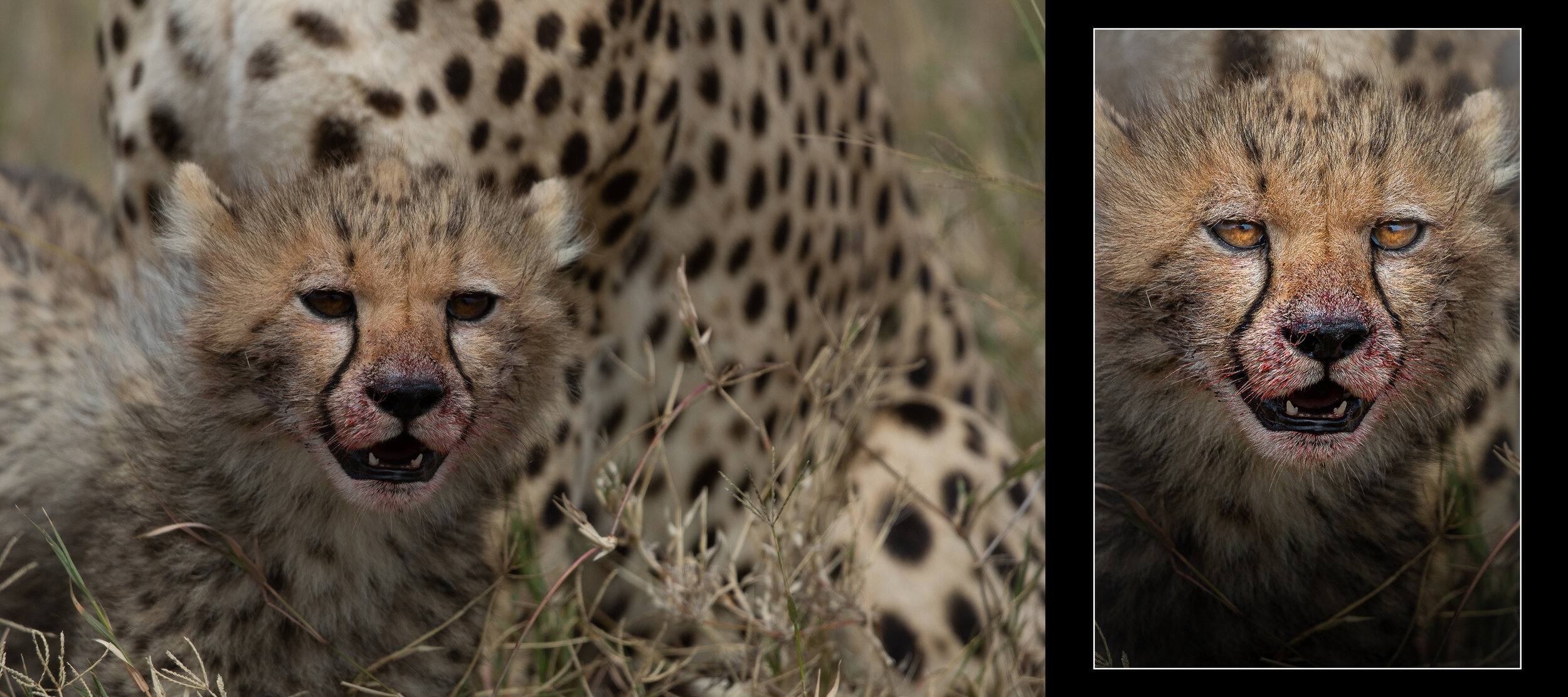Editing or not editing ?
You've probably already heard a comment like: “That's cheating, he retouched his photo with photoshop”. This harmless little phrase conceals a world of innuendo, conflict, myth, misunderstanding and, ultimately, subjectivity. The debate has been raging in our society for the past decade or so and it is only getting more virulent these days with the power of new IT tools coming onto the market,or the emergence of functionalities using artificial intelligence. It is legitimate to worry about the drift this could engender - and is already engendering - on the veracity of the information presented to us. This is all the more worrying given that this possible alteration of the image is now available to the general public. There are dozens of software programs other than Adobe Photoshop that can fundamentally alter a photo, and these modifications now extend to the world of video.
But the purpose of this article is neither to debate the right to retouch images or not, nor to tell you the absolute truth by explaining at length that only my way of doing things is the right way. Because, as I mentioned earlier, there's a fair amount of subjectivity involved.
My aim here is simply to describe my approach to the photos exhibited on Scène d'Ailleurs. You are then free to stay or to go your own way... I'm going to start by presenting you with an image of no great interest except to a Starwars fan. It's the famous Icelandic cavern of Hjörleifshöfði, also known as Yoda's Cave. To amplify this reference to George Lucas' films, I decided to replace the dull sky of the original image with a dramatic sky worthy of the exotic landscapes imagined by the great George. It's worth noting that this operation is very easy to carry out if you have the right software and, unlike a tool like Photoshop, which was worth a thousand dollars when it was released on the Mac in 1990, this software is quite affordable
So, editing or not editing ?
In my eyes, the simple act of taking a photo is already 'editing' reality. Today's sensor and lens technology is light years behind the computing power of our eyes and brain. As a result, even the most gifted photographer will not always be able to produce an image faithful to what he saw right from the start.
The most obvious example is a very dark subject against a grayish or overcast sky. Today's sensors are simply incapable of registering this difference in luminosity, or dynamic range, whereas our eyes are perfectly capable of moving from one area to another, while still being able to discern the smallest details. It is therefore necessary to spend time in post-processing to bring out these hidden details in the image, in this case the sky and the details of the elephants' skin, for yes, these details were recorded at the time of shooting.
Secondly, the image recorded on a memory card is nothing more than the result of adjustments, judicious or not, made to the camera before pressing the shutter release. It's the photographer's choice, most of the time artistic and deliberate, to retranscribe a real-life scene in his or her own way.
But above all, and perhaps most importantly for me, a camera will never be able to convey the feelings I have experienced in front of this scene from elsewhere or here.
Finally, it's worth noting that I make no distinction between adding a high-density filter to my lens at the moment of shooting, to get a nice 'water thread' as in the Skogafoss waterfall, for example, or applying artificial vignetting in post-processing to make my subject stand out, as with this bug in my garden. All these activities are just stages in a long process that begins for me when I organize a photo outing or trip - that's when I start thinking about the possible images I could make - and ends when the photo is exhibited on Scène d'Ailleurs.
So I'm convinced that, beyond the deontological side of photo editing, the most important thing is to offer beautiful images. Images that I'm happy with, even proud of, because they reflect what I felt when I took them, and what I still feel when I sit in front of my computer and recall those wonderful moments.
But it's also important not to cheat by hiding the truth! So yes, the photos presented on Scène d'Ailleurs are altered thanks to the use of a whole range of tools at my disposal, with more or less intensity depending on the photo. There are, of course, scenes that speak to me more than others, and for which I aspire to get the best out of them, as with this young cheetah, future great hunter of the Serengeti.
C’est un choix, c’est mon choix, et je l’assume !





